Looking to try working online as a freelancer?
But not sure if you should work part-time or full-time?
I’ll help you figure it out.
Freelancing is one of the fastest-growing industries in the world today. Look at all the new freelancing sites popping out everywhere.
People are leaving their day jobs to work from home and triple their monthly paycheck.
It’s also turning out to be a great part-time job as well. College students do it to pay their tuition fees, moms at home do it to make ends meet, and 9-5 office workers are doing it too.
86.5 million people will be freelancing in the United States by 2027 – Statista
However, not all find success at freelancing.
Most new freelancers fail because of three main reasons:
- Assuming they can make money by sitting in front of a computer.
- Inability to find clients.
- Not taking the job seriously enough.
Before we get into the Part-Time vs Full-Time freelancing battle or learn how to start freelancing, let’s talk about some of the things you can expect as a freelancer.
Difference Between Part-Time & Full-Time Work
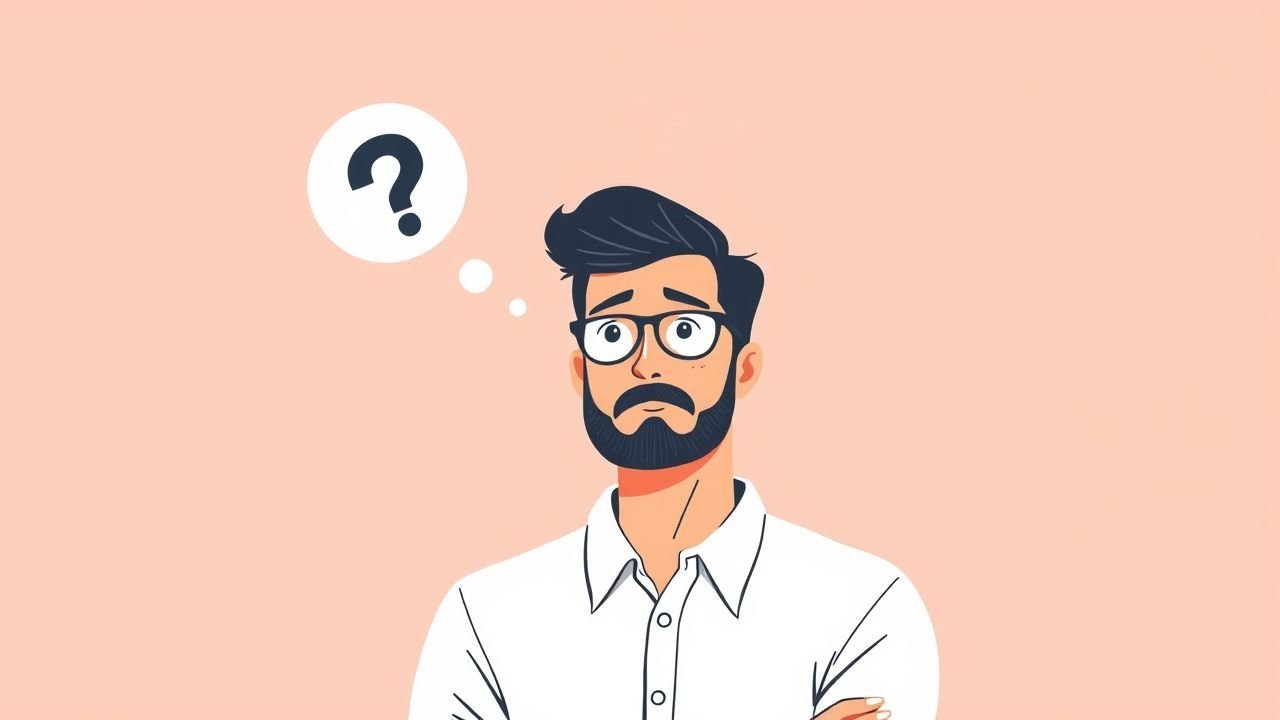
The main difference between doing part-time and full-time work is the amount of work you accept.
As a part-time freelancer, you can accept smaller jobs with flexible deadlines. Then you can do these projects in your free time, while you’re studying, or even while working a 9-to-5 job at an office.
As a full-time freelancer, you’ll dedicate your entire workday to your freelance jobs. You can accept more jobs and bigger projects and deliver them on time.
As a complete beginner, it’s best to try freelancing part-time before going all-in.
If you’re not sure whether freelancing is right for you, try it part-time without quitting your job. So that you don’t take unnecessary risks.
Of course, there are folks who do freelancing part-time for long periods of time as well.
Freelancers Work More Than Most Regular Employees
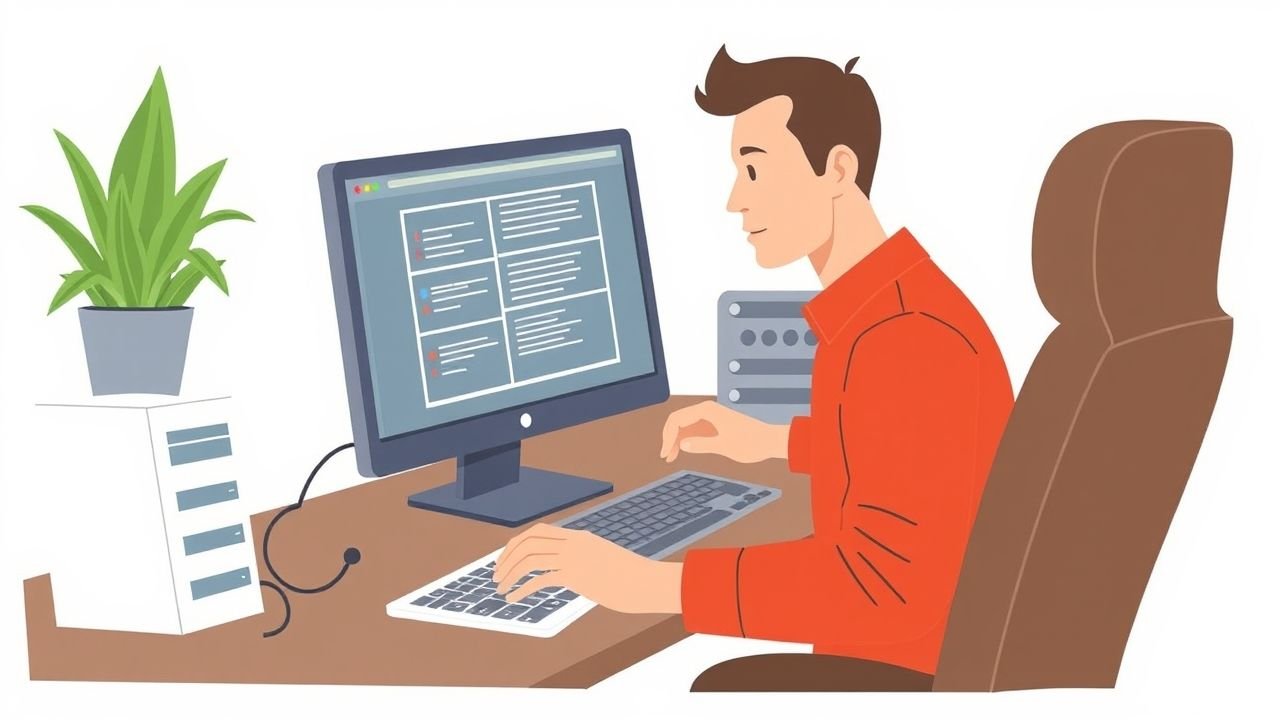
If you think that freelancing is all about sitting in front of a computer and transferring money to your PayPal account, then you can forget about becoming a freelancer.
Freelancers actually work more than most people who work at day jobs.
At a day job, your boss tells you what to do. Leave all the jobs at your desk to complete and give out your paycheck at the end of every month.
Freelancers, on the other hand, have to find their own work. Surfing through the web every day, promoting themselves on social media, and handling big projects all by themselves.
To make things worse, we also have to chase after the clients to get paid as well. Which happens more often than you might think.
The only benefit we get from going through all that trouble is that we make more money.
Once you accept the reality of freelancing and are willing to do the extra amount of work, you’re ready to get started as a freelancer.
Get Your Feet Wet First
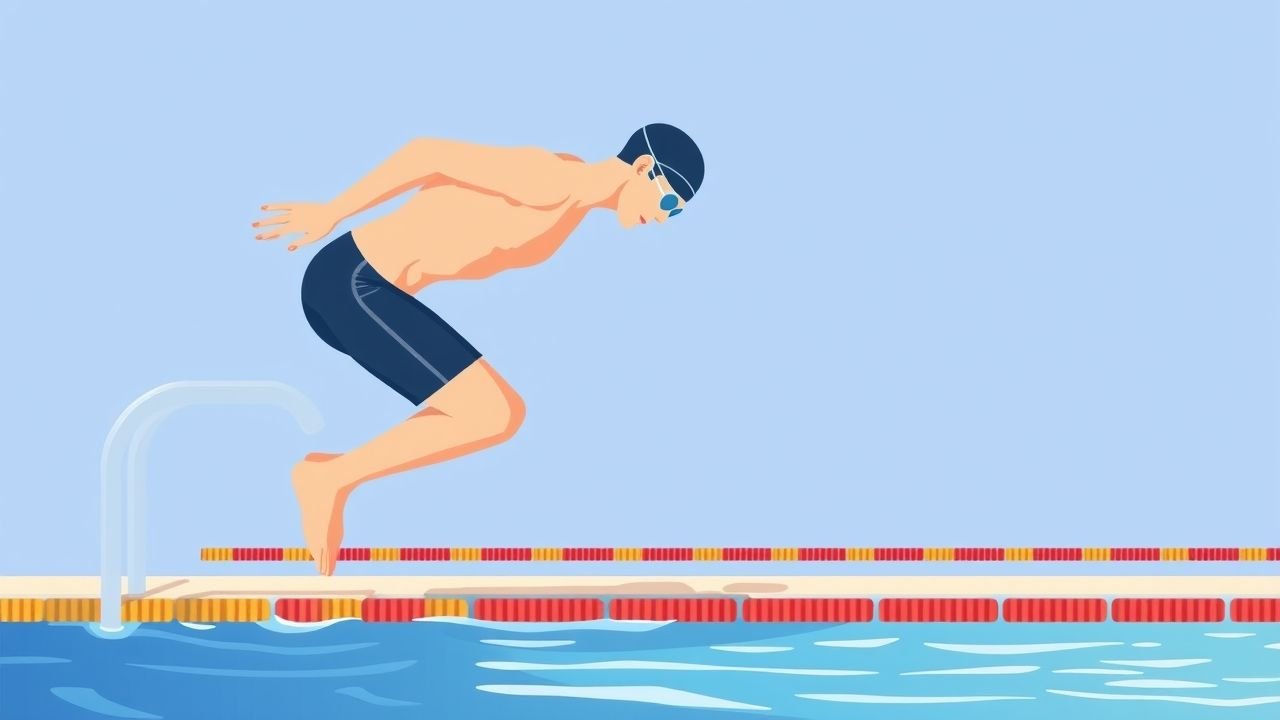
In short, Part-Time Freelancing is for newbies.
It’s for people who want to make some extra money while getting their paycheck from their day job. For people who prefer to have financial security.
Whenever someone asks if they could become a freelancer, I always advise them to do it part-time at first. Just to get their feet wet and see if they’re really up for it.
And if you’re planning on earning more money, yet are not willing to risk your job and your financial security. Then I’ll give you the same advice. Do some part-time freelancing. See how it goes.
Of course, most part-time freelancers end up going full-time. Why? Because it’s a hell of a lot more fun.
Time To Get More Serious
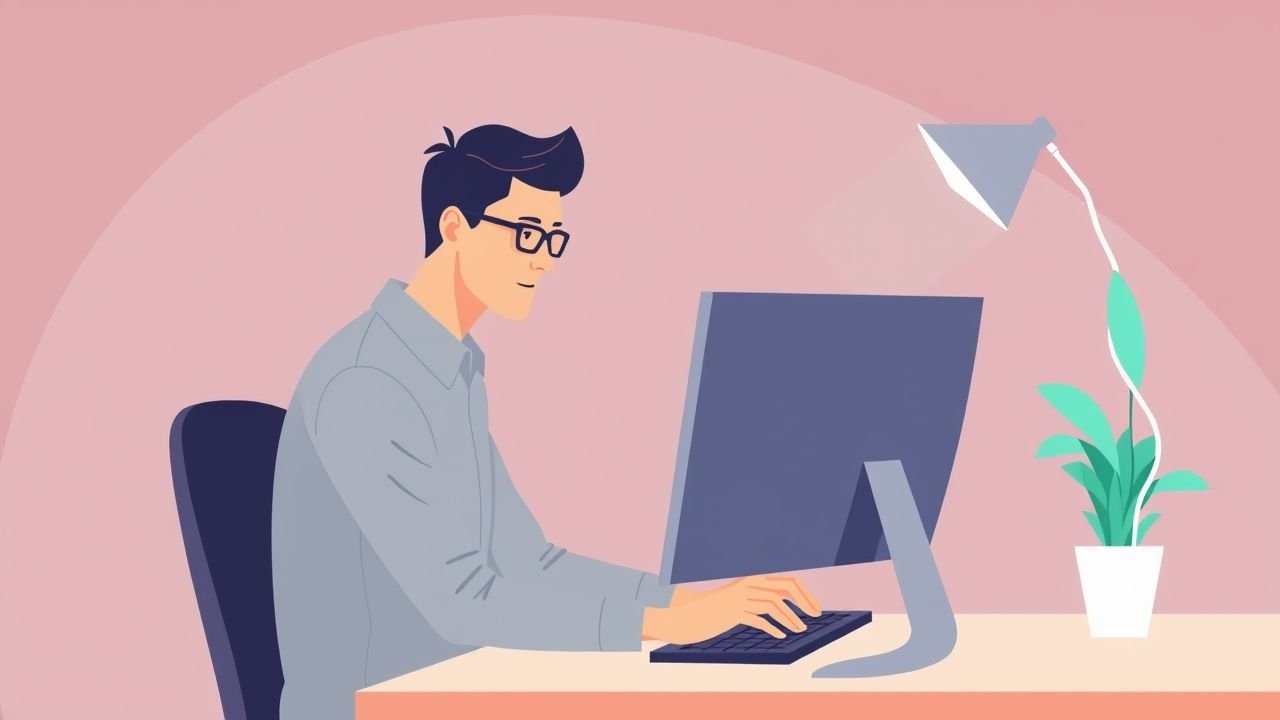
Full-time freelancing is for the risk-takers.
If you’re unemployed and having a hard time landing a job. Feeling sick of listening to your boss. Spend your day hating yourself for working at a bad corporate job. Or feel like you’re being underpaid for your talents.
Then quit your job and jump right into freelancing.
Just like launching any business, freelancing works best when you go all-in with everything you’ve got. Because it works as motivation and helps you to work harder to achieve your financial goals, find new clients, and earn more money when you have everything to lose.
“I’d rather control my own destiny and take on the risk and forgo the benefits of nap pods and food,” says James Knight, a coder who quit Google to become a full-time freelancer. Currently makes $1,000 an hour, according to Bloomberg.
Before Getting Started As A Freelancer
If you choose to try part-time freelancing:
Don’t make the mistake of doing it as a hobby. And don’t work during your free time. Take your freelancing job more seriously. Your clients will depend on you to deliver the work on time. Don’t expect them to give you a break when you miss your deadline just because of your inability to balance work and life.
Plan ahead. Work out how many hours you can invest in your part-time job. Research the market to see if your skills are marketable and enough demand. And find the best places to work part-time that also suits your skills
If you decide to go full-time freelancing:
Don’t quit your job right away. First, save a little bit of extra money. Your first couple of months as a freelancer are going to get rough. So make sure you have enough money to cover your expenses, just in case.
Do some research online and figure out how big a demand there is for your skills. See if it’s enough for you to pay your bills.
Contact a couple of clients and try to get a project or two to work on before leaving your job. So that you can be sure to have an income at the end of the month.
If you can, work things out with your boss and offer to work for the same company as a freelancer. You do only the jobs you like, get to work from home, and work with more clients outside while they pay you only for the amount of work you do.
It’s a Win-Win situation. They won’t be able to resist it.
What Is The Best Path To Take?
You don’t have to give up your day job to become a freelancer. If your paycheck from your day job is enough to cover your expenses, do part-time freelancing to earn a little extra cash without risking your finances.
Go full-time when you feel confident about your skills and have enough demand for your expertise. Or, if you’re unemployed, just dive head-on and do your best.
Building your reputation, finding clients, and meeting deadlines may seem too difficult in the beginning. The challenge is to work past that.
Once you get to the other side, you’ll get to experience the full freedom and all the good things that freelancing brings to your life.
Images via Freepik.com

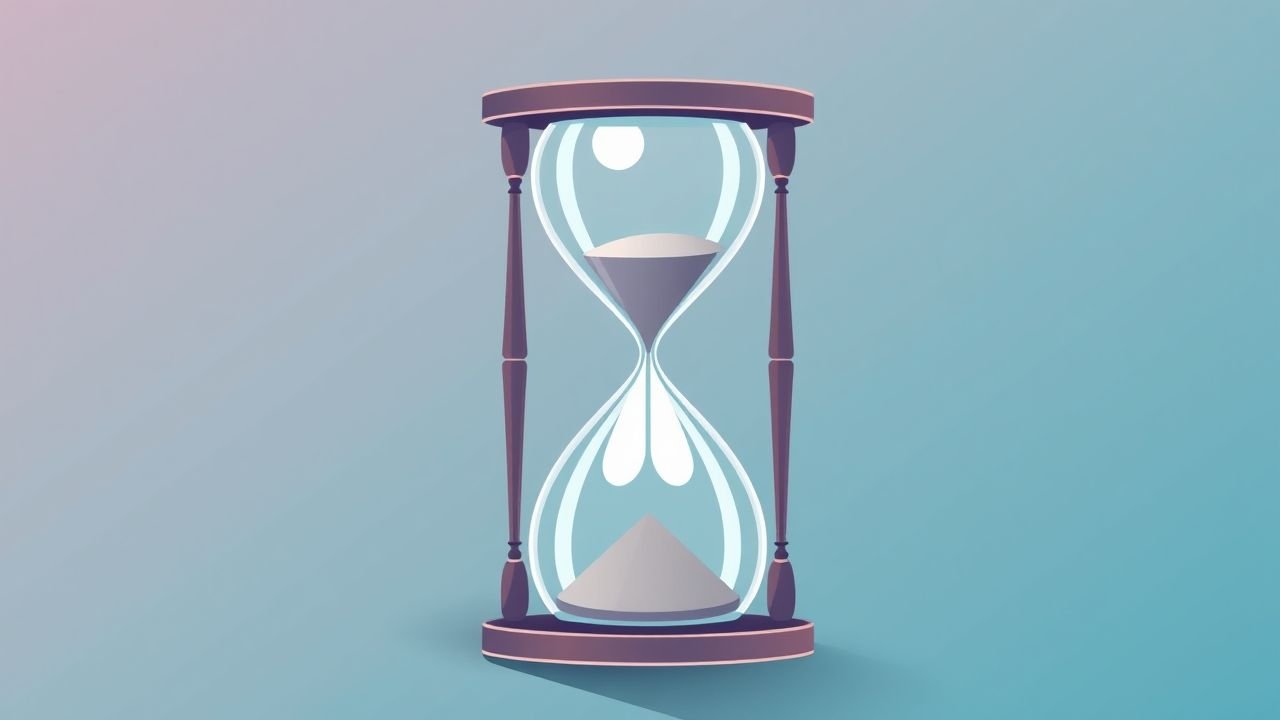
I want to become freelancer and gain more and more experience in this feild to help the community
Through which apps I can start freelancing part-time?
How important is to make your own website while starting in a freelancing career?
Can i name my personal website on my own name?
It’s not required when you’re starting out. But having a website will help a lot. And yes you can create a site using your name for the domain name.
I want to learn how to become the best and effective freelancer I am teaching but my salary is not enough for my expenses. That’s why i am looking for a freelance that can give extra income that can support my sisters tuition and of course to finance the needs in our home.